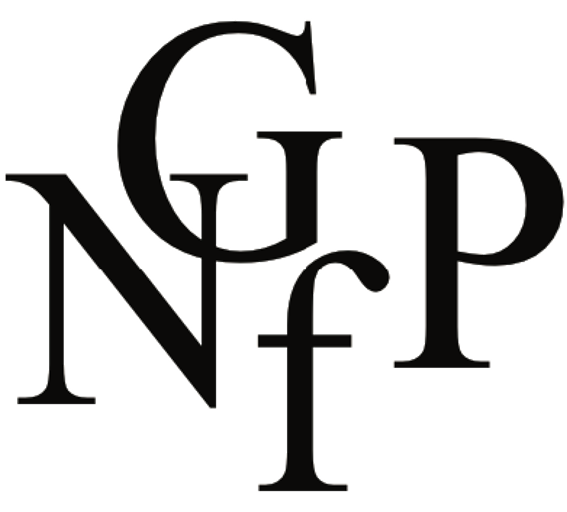Kurzbeschreibung des Buches:
Although the idea of hindsight is frequently associated with the biases, distortions, and outright lies of memory–as in the infamous “20–20” scenario or the conviction that one “knew it all along” – Mark Freeman maintains that this process of looking backward over the terrain of the past can also serve as a profound source of insight, understanding, and self-knowledge. Consider Tolstoy’s harrowing tale of Ivan Ilych, revisiting his past on the eve of his death, only to realize that the life he had been living was a lie. Consider as well the many times in our own lives when, upon reviewing the past, we are able to see what we could not, or would not, see earlier on.
Hindsight is also intimately connected to what Freeman calls narrative reflection: Through the distance conferred by time, we can look back on past experiences and see them anew, as episodes in an evolving story. As important as “being in the now” and “living in the moment” are, it is no less important to pause at times and, by looking backward, seek to discern those aspects of
experience that might otherwise escape our notice. Far from necessarily leading to deception and lies, therefore, hindsight can lead to wisdom and indeed truth – of a sort, Freeman contends, that is only available in retrospect.
In addition to serving as a central site of self-knowledge, hindsight plays an integral role in the process of moral growth. For, through hindsight, there emerges the opportunity not only to see the possible errors of our ways but to transcend them and thereby to move on to better ways of being in the world. Drawing on psychology, philosophy, literature, and personal experience, this wide-ranging volume offers an insightful and engaging exploration of the role of hindsight both in discerning the personal past and in deepening moral life.
Reviews:
“Mark Freeman is one of the foremost thinkers in the ever-growing field of narrative research. Freeman shows, in a style which is both personal and very scholarly, the richness that perspective brings, as well as its psychological and moral complexity. Freeman has a wonderful ability to pose complex philosophical problems in a style that draws the reader in, intellectually
and emotionally.”
Molly Andrews, Co-director, Centre for Narrative Research, University of East London
“Freeman shows an extraordinary command of the literature on memory and time. His development of the narrative unconscious, narrative foreclosure, and moral lateness are extraordinary contributions to narrative psychology; they widen the conceptual frameworks through which we see and understand how narrative works in our lives, that is, how we actually use narrative and what calls us to narrative over the course of our lives.”
Arthur P. Bochner, Distinguished University Professor of Communication, University of South Florida
“One of the indisputable strengths of this book is its language, its style. Its author displays a rare mastery in transforming complex psychological and moral issues into accessible narratives, into clear and simple storylines.”
Jens Brockmeier, Visiting Professor, Department of Psychology, University of Manitoba, Senior Scientist, Department of Psychology, Free University Berlin, Senior Research Fellow, Center for Narrative Research, University of East London, School of Social Science, Media and Cultural Studies
“The scope of this relatively short book is of huge importance, dealing as it does with the perennial issue of how to lead a good life.”
Peter G. Coleman, Professor of Psychogerontology, University of Southampton
“A compelling and fascinating book. Its strengths are that it is written in such a way that one accompanies a gifted thinker and writer through his comments on and dialogue with other gifted thinkers and writers as they ponder the vicissitudes of hindsight. The experience of reading it is like a lengthy conversation with a brilliant friend and one comes away enriched and thoughtful.”
Ruthellen Josselson, author of Revising Herself, The Space Between Us, co-editor of the annual The Narrative Study of Lives, and co-author of Best Friends
“Mark Freeman is the rare psychologist with the gift of discerning the philosophical undercurrents and the deep moral significance of everyday behavior and consciousness. In this provocative and personal meditation, Freeman explores the nature of memory, narrative, and time in human lives.
His intriguing examples and insights will pull you along as you read; and in hindsight, you will look back on your time with Freeman’s book as a profound intellectual experience.”
Dan P. McAdams, author of The Redemptive Self: Stories Americans Live By
“This book is a well-written, subtly-reasoned, example-rich, soulful piece of work that helps redeem the familiar phenomenon of hindsight from its typically negative portrayal in mainstream psychology, as an unfortunate distortion of memory, and reclaim it as indeed pivotal to our growth as conscious, moral beings. A good many readers, myself included, will be thrilled to have another book by Freeman in their collection.”
William L. Randall, Associate Professor of Gerontology, St. Thomas University
